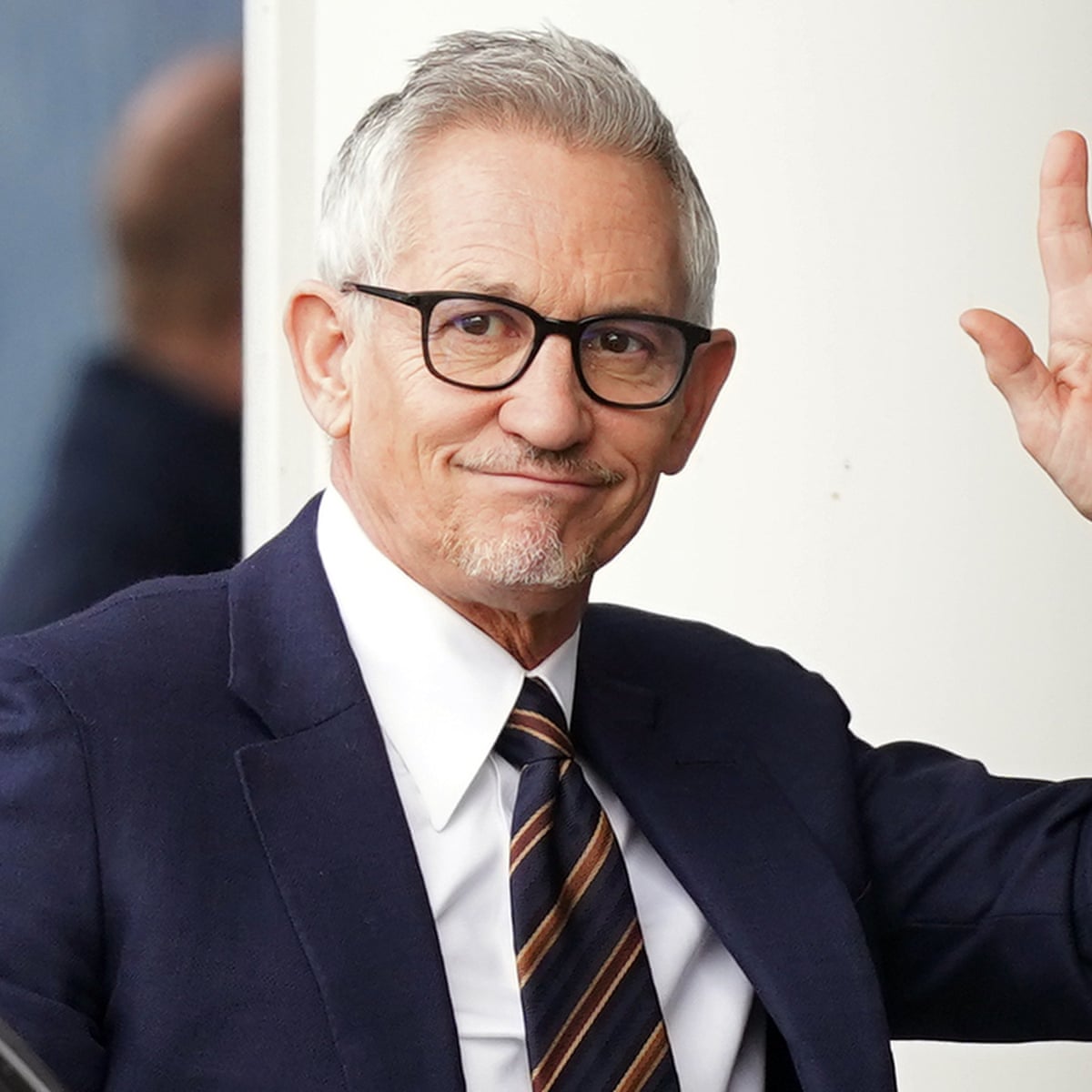Last Friday, after much vacillation the BBC finally released a statement over comments made my MOTD presenter Gary Lineker, where he compared the Government’s new crack down on immigration akin to policies found in 1930s Germany.
The state funded Corporation said: “…We have said that we consider his recent social media activity to be a breach of our guidelines. The BBC has decided that he will step back from presenting Match of the Day until we’ve got an agreed and clear position on his use of social media.”
It continued: “When it comes to leading our football and sports coverage, Gary is second to none. We have never said that Gary should be an opinion free zone, or that he can’t have a view on issues that matter to him, but we have said that he should keep well away from taking sides on party political issues or political controversies.”
It what amounted to a swift and unedifying u-turn we now know the presenter will be back on air in a matter of days.
There are some who are railing against this capitulation by the broadcaster, who wrongly, in my opinion wanted Lineker sacked, but while I believe that his comments were absolutely moronic and offensive, to cancel him would have been far worse.
Lineker is well known for his left-wing activism and has previously fallen foul of alleged impartiality breaches, but so what? He is not presenting the News, or indeed a documentary on some area public policy.
He is a football pundit and a bloody good one, but to use his comments which were not made on air or through any official BBC medium to remove him sets a dangerous precedent and is an attack on free speech.
Don’t get me wrong, if he had made his comments on MOTD unchallenged, that would have been a different matter, but if he wants to take to Twitter, Facebook, TikTok, other social media platform or even write a 1,000 word opinion piece for the Guardian to express sincerely held views, then he should be entitled to. The right response is not to follow him on social media or buy the paper carrying any article.
And while this storm in a teacup has been great for politicians, journalists and columnists to discuss whether he broke the rules or not, it frankly does nothing to address the bigger problem, the bias in the BBC’s news and current affairs output, which has is wholly based on a metropolitan elitism, that see the manager look down their noses on those with traditional views, those who might be described as right wing, libertarian or those on the hard left. This sneering world view I would suggest explain why the BBC had such a blind spot on Brexit. Depressingly this debate has done nothing to resolve this issue.
Let me explain.
One example of this bias is the seemingly endless procession of “speaking heads”, so called experts that are brought in to comment on a particular issue, but whose political affiliation are not revealed.
Medics wheeled out to criticise the Government and who paint a dystopian picture of a “cash starved NHS” with Conservative policy the sole reason for the crisis. The fact the person was or is a Labour candidate who has previously delivered over the top diatribes against everything from Brexit to Boris Johnson never get mentioned.
The Guido Fawkes website does an amazing job in exposing them and calls for political affiliation to be included when introducing guests, but they are usually not.
The same to applies pressure groups and think-tanks. Standard practice is to brand those from the IEA or similar as being from the “right” but so often a similar tag is not given to those from the centre or soft left.
Then there is the unremittently negative news agenda. I am not saying that everything is rosy in the UK, far from it, however the huge number of negative news stories about the economy or our institutions painstakingly chronicled every hour, all too often promotes a narrative that turns out to be wrong.
Remember all the stories about Government borrowing, the OBR predicting a huge black hole in the nation’s finances and a long and painful recession? Yet just weeks later the ballooning tax receipts from a “growing” economy meant public borrowing was £30.6billion less than projected. And this is not the first time the predictions have been woefully pessimistic and wrong but were reported in excruciating detail.
Similarly on many social issues, the BBC pushes a narrow, elitist metropolitan narrative. Perhaps in no area more so that assisted suicide and euthanasia. The BBC has broadcast or published dozens of news items pushing for a change in the law. Documentaries and news reports that fail to include any counter point of view, or if they do, these are reduced to a line tagged at the end.
Stories about how changing the law doesn’t reduce suicides and might actually lead to an increase according to a growing body of research, how the majority of those ending their life in places like Oregon cite burden as a reason, or how in Canada their law has spun out of control, with safeguards falling away at an alarming rate or how a veterans are being offered euthanasia rather than the help to allow them to live.
So welcome the climb down by the BBC is simple and the restoration of Mr Lineker to MOTD and would urge them to allow celebs who want to use their personal platforms to talk about Government policy, the price of bread, faith, or what they ate for breakfast, to do so, but the heaven sakes please can someone address the bigger issue – the biased output coming from the newsroom. This would serve so much better than the temporary removal of Gary Lineker.
ENDS

